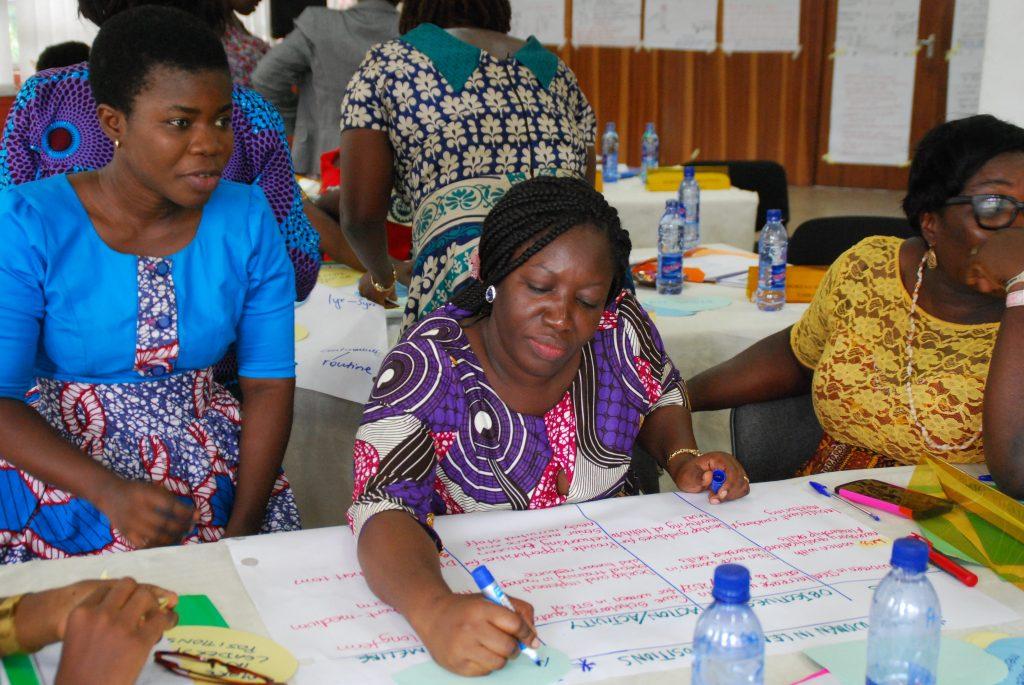
Gender Mainstreaming for Council for Scientific and Industrial Research (CSIR)
The problem
The Council for Scientific and Industrial Research (CSIR) is Ghana’s foremost national science and technology institute.
in 2014, only 83 of the 550 Senior Members of the CSIR in Ghana were female and Directors of the Council were all males. Senior management at CSIR recognize that scientists and technologists around Ghana cannot achieve the results they are looking for if gender is not taken into consideration.
In 2017, INASP supported a gender-mainstreaming process by undertaking sensitization and gender action planning work with female scientists, technologists and administrators, to identify the barriers to gender equity within the Council, and hindrances affect the progression of the few females in the system.
Our approach
Throughout the course of the 3 ½ day workshop, participants were led though six modules of the Gender Mainstreaming in Higher Education Toolkit., from exploring gender concepts, to considering gender in the higher education context, to developing an initial action plan based on the workshop outcomes.
During the workshop, participants from across CSIR’s 13 research institutes found common ground and developed powerful peer support networks. INASP supported the 30 participants to develop an action plan for CSIR.
Outcomes and impact
As a result of the workshop, CSIR were able to :
- Sensitise staff at all levels on the gender gap in the sector, and in training on implementing a successful gender mainstreaming process
- Develop strategies to address pipeline issues to increase the number of women in leadership positions
- Establish a ‘gender desk’ and begin to implement gender equity measures within the organisation to improve the number of women being recruited.



